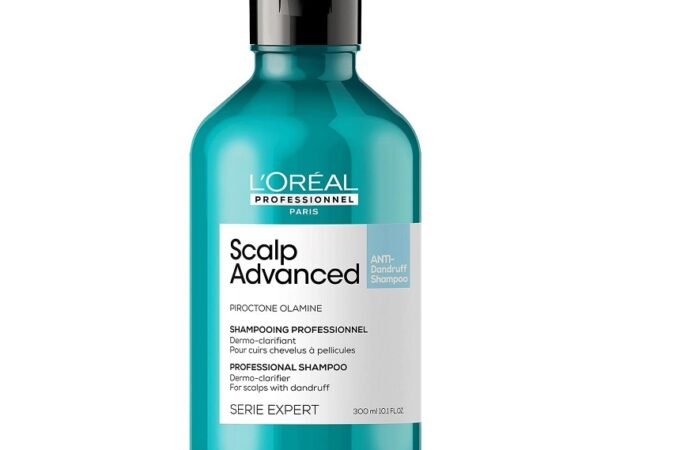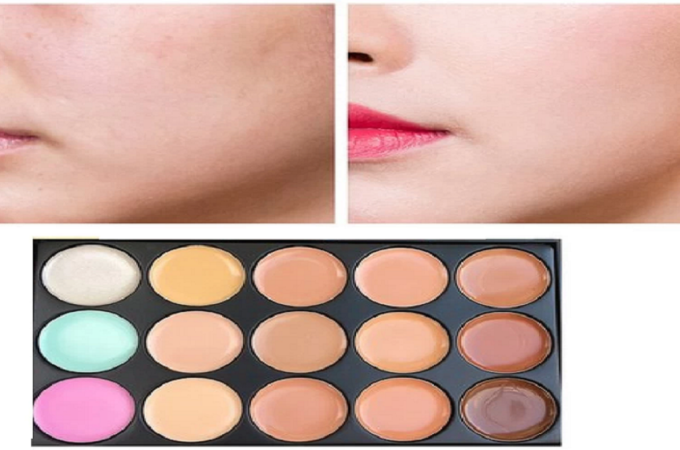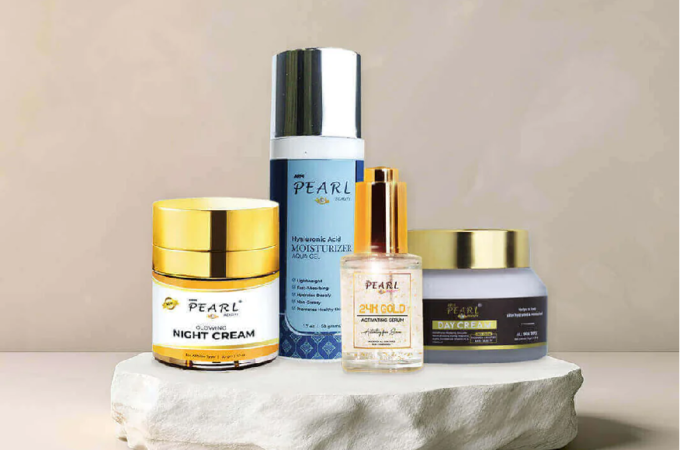
Deep Conditioners vs. Regular Conditioners: Understanding The Differences
Deep conditioners and regular conditioners are two essential hair care products that serve different purposes. While both conditioners aim to improve the overall health and appearance of the hair, they do so in different ways. Understanding the difference between deep conditioners and regular conditioners can help individuals make informed choices about which product is best suited to their hair needs. In this comprehensive guide, we will explore the nuances between deep conditioners and regular conditioners, shedding light on their unique benefits and applications.
- The Basics of Conditioners
Before delving into the differences between deep conditioners and regular conditioners, it is essential to understand what a conditioner is and how it works. Conditioners are hair care products designed to moisturize, nourish, and protect the hair. They are typically used after shampooing to replenish moisture lost during the cleansing process and to restore the hair’s natural oils. Conditioners are formulated with various ingredients that provide a range of benefits, such as improving manageability, reducing frizz, and enhancing shine.
- Regular Conditioners: A Daily Necessity
Regular conditioners are the most commonly used type of conditioner and are suitable for individuals with normal to mildly damaged hair. They are often used on a daily basis to maintain the overall health and appearance of the hair. Regular conditioners work by coating the hair shaft with a thin layer of conditioning agents, such as silicones or natural oils, which help to smoothen the hair cuticles, reduce friction, and enhance shine. These conditioners also provide some level of moisture to the hair, making it easier to detangle and style.
- Deep Conditioners: Intensive Hair Treatments
Deep conditioners, on the other hand, are more concentrated and provide a more intensive treatment for damaged or severely dry hair. They are typically used once a week or as needed to deeply nourish and repair the hair. Deep conditioners contain higher levels of moisturizing ingredients, such as shea butter, coconut oil, or protein complexes, which penetrate the hair shaft and provide long-lasting hydration. These conditioners are often applied on the hair for an extended period, allowing the ingredients to deeply penetrate and work their magic.
- The Benefits of Deep Conditioners
Deep conditioners offer a range of benefits that regular conditioners may not provide. Some of the key benefits of deep conditioners include:
- Intense Moisture: Deep conditioners infuse the hair with intense moisture, making them ideal for individuals with dry, brittle, or damaged hair. The high concentration of moisturizing ingredients helps to restore the hair’s natural moisture balance, leaving it soft, hydrated, and more manageable.
- Repair and Restoration: Deep conditioners are designed to repair and restore damaged hair. They can help to mend split ends, strengthen weak hair strands, and improve overall hair health. The nourishing ingredients in deep conditioners work to repair the hair from within, leaving it healthier and more resilient.
- Enhanced Shine and Softness: Deep conditioners can significantly improve the shine and softness of the hair. The moisturizing ingredients in these conditioners help to smooth the hair cuticles, reducing frizz and flyaways. This results in hair that is silkier, more lustrous, and easier to style.
- Choosing the Right Conditioner
When it comes to choosing between deep conditioners and regular conditioners, it is important to consider the specific needs of your hair. If you have normal to mildly damaged hair and are looking to buy hair conditioner, a regular conditioner would be sufficient. However, if your hair is severely damaged, excessively dry, or in need of intensive repair, a deep conditioner would be the better option.
Conclusion
In conclusion, deep conditioners and regular conditioners serve different purposes in hair care. Regular conditioners are ideal for daily use and help maintain the overall health and appearance of the hair. On the other hand, deep conditioners provide intensive moisture, repair, and restoration for damaged or severely dry hair. By understanding the differences between these two types of conditioners, individuals can choose the right product to meet their specific hair needs. Remember to always follow the recommended usage instructions for optimal results. So go ahead, embrace the power of deep conditioners and regular conditioners, and give your hair the love and care it deserves.





